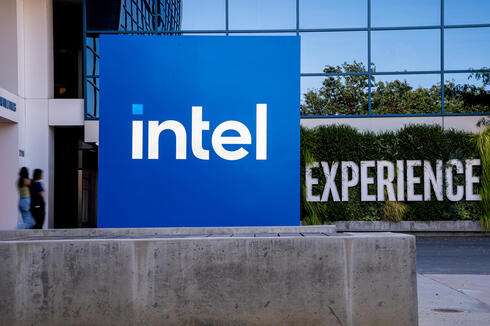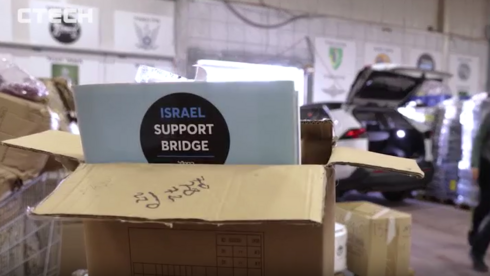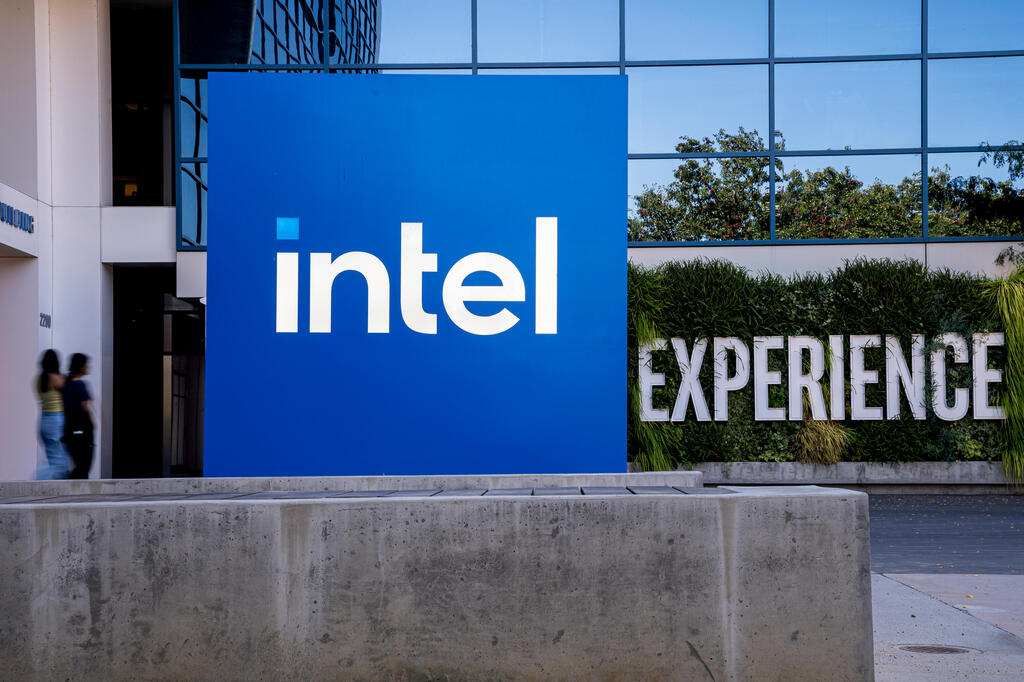
Intel pulls the plug on AI chip designed to rival Nvidia
The Falcon Shores processor, developed using technology from Israeli company Habana Labs, will be repurposed for internal tests as Intel struggles to keep pace in the AI race.
Intel will not market the Falcon Shores artificial intelligence (AI) processor, developed using technology from Israel's Habana Labs. Instead, the chip will be repurposed as an internal test platform as part of Intel's efforts to develop a comprehensive AI solution for data centers, similar to what Nvidia offers its customers, the company announced last week.
Originally unveiled by Intel last year, Falcon Shores was positioned as the company’s response to Nvidia’s successful AI processors and was expected to launch this year. However, in a call with analysts last week, Intel executives said they had decided to cancel the chip’s commercial release. Instead, Falcon Shores will be used for internal testing to support the development of Intel's next-generation Jaguar Shores chip and an integrated AI solution for data centers. Only this full system-level solution, they noted, will allow Intel to present a credible alternative to Nvidia.
“Many of you heard me temper expectations on Falcon Shores last month. Based on industry feedback, we have decided to leverage Falcon Shores as an internal test chip,” said Intel’s acting co-CEO Michelle Johnston Holthaus. “More broadly, as I think about our AI opportunity, my focus is on the problems our customers are trying to solve, most notably lower the cost and increase the efficiency of compute. One of the things that we've learned from Gaudi is it's not enough to just deliver the silicon. We need to be able to deliver a complete rack-scale solution, and that's what we're going to be able to be able to do with Jaguar Shores.”
Intel’s decision is expected to widen the gap between the company and Nvidia in the AI chip market. Currently, Intel’s only AI processor solution is the Gaudi 3 chip, which is considered outdated compared to Nvidia’s most advanced offerings.
This strategic shift appears unrelated to the recent disruption caused by China’s DeepSeek, which unveiled an advanced generative AI model trained with significantly less computing power than comparable models. The announcement initially sparked concerns about future demand for AI chips, leading to a market reaction that saw Nvidia lose over half a trillion dollars in market value. However, as the situation stabilized, it became apparent that demand may shift from AI training chips to chips optimized for running AI models. In this context, Intel’s decision to delay the processor’s launch could prove prudent, allowing the company to focus on developing processors that better align with evolving market demands.
Intel acquired Habana Labs for $2 billion in 2019. The acquisition was intended to position Intel as a formidable competitor to Nvidia in the AI chip market. Founded in 2016 by David Dahan and Ran Halutz, Habana specialized in AI processors optimized for data center applications.















